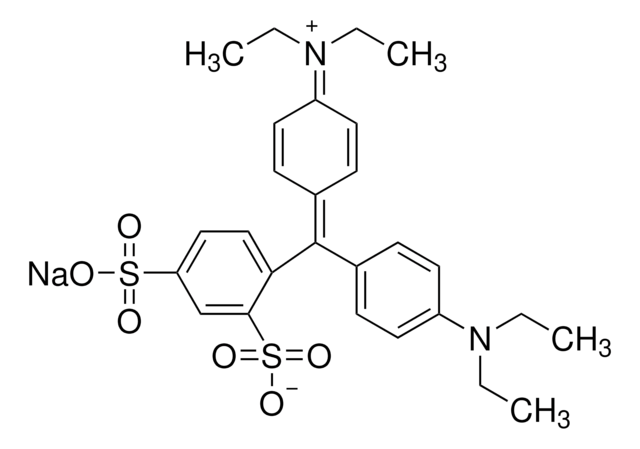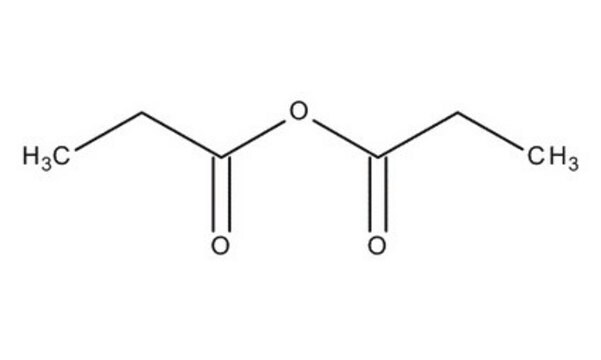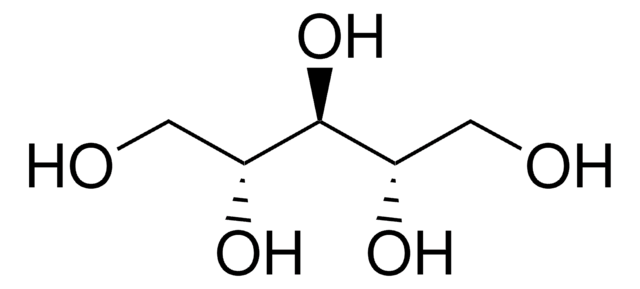81942
Propionic anhydride
purum, ≥96.0% (NT)
Synonym(s):
Propanoic anhydride
About This Item
Recommended Products
vapor density
4.5 (vs air)
Quality Level
vapor pressure
10 mmHg ( 57.7 °C)
grade
purum
Assay
≥96.0% (NT)
form
liquid
autoignition temp.
545 °F
expl. lim.
11.9 %
refractive index
n20/D 1.404 (lit.)
n20/D 1.404
bp
167 °C (lit.)
mp
−43 °C (lit.)
solubility
H2O: decomposes (when in contact with water)
density
1.010 g/mL at 20 °C
1.015 g/mL at 25 °C (lit.)
functional group
anhydride
ester
SMILES string
CCC(=O)OC(=O)CC
InChI
1S/C6H10O3/c1-3-5(7)9-6(8)4-2/h3-4H2,1-2H3
InChI key
WYVAMUWZEOHJOQ-UHFFFAOYSA-N
Looking for similar products? Visit Product Comparison Guide
Application
- As an esterifying reagent in the modification of cassava starch by acylation reaction.
- As a reactant along with anisole in the synthesis of 4-methoxypropiophenone using various solid acid catalysts via Friedel−Crafts acylation reaction.
- As a reagent in the synthesis of cyanohydrin esters by treating KCN with aldehyde in presence of bimetallic titanium(salen) complex catalyst.
Other Notes
Signal Word
Danger
Hazard Statements
Precautionary Statements
Hazard Classifications
Eye Dam. 1 - Skin Corr. 1B
Storage Class Code
8A - Combustible corrosive hazardous materials
WGK
WGK 1
Flash Point(F)
165.2 °F - closed cup
Flash Point(C)
74 °C - closed cup
Personal Protective Equipment
Regulatory Listings
Regulatory Listings are mainly provided for chemical products. Only limited information can be provided here for non-chemical products. No entry means none of the components are listed. It is the user’s obligation to ensure the safe and legal use of the product.
FSL
Group 4: Flammable liquids
Type 3 petroleums
Hazardous rank III
Water insoluble liquid
ISHL Indicated Name
Substances Subject to be Indicated Names
ISHL Notified Names
Substances Subject to be Notified Names
JAN Code
81942-1L:
81942-BULK:
81942-250ML:
81942-VAR:
Choose from one of the most recent versions:
Already Own This Product?
Find documentation for the products that you have recently purchased in the Document Library.
Customers Also Viewed
Our team of scientists has experience in all areas of research including Life Science, Material Science, Chemical Synthesis, Chromatography, Analytical and many others.
Contact Technical Service











